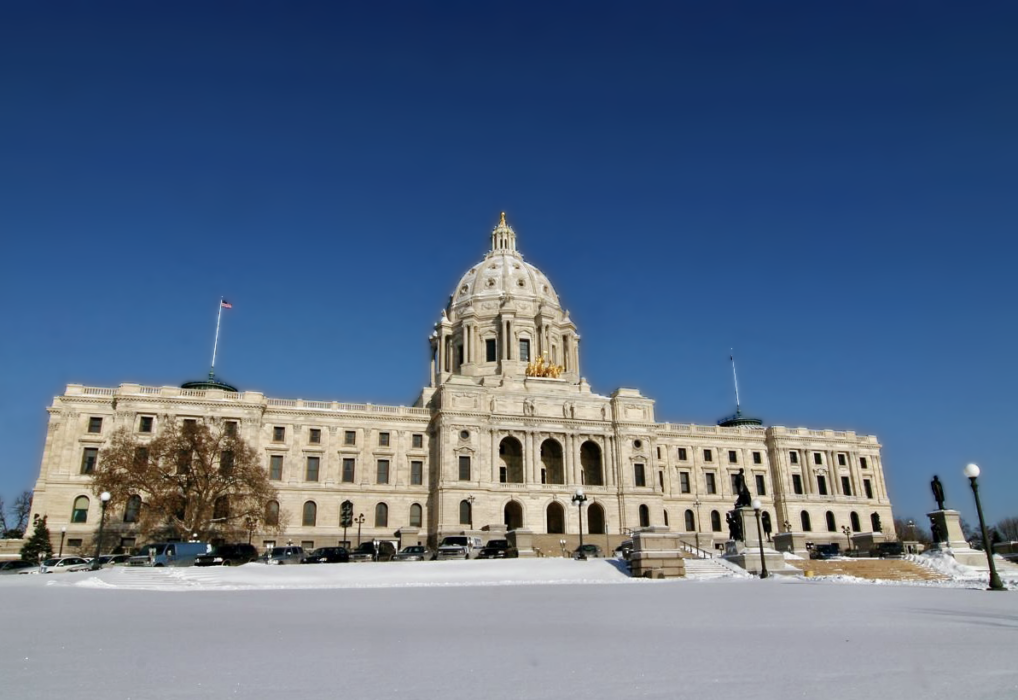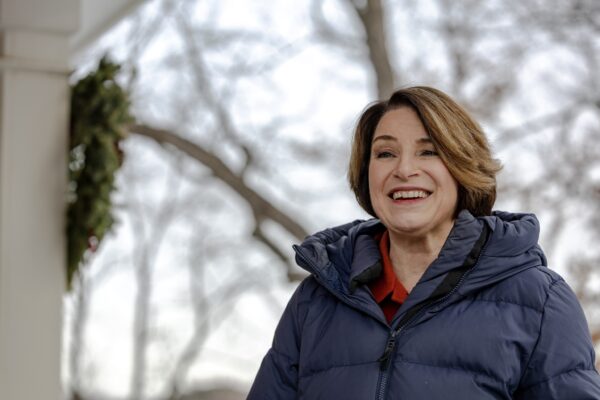State Auditor tells elected officials, ‘Don’t manufacture drama’
The Minnesota State Auditor’s Office oversees roughly $60 billion in public funds that are used by local governments for services across the state. Auditor Julie Blaha told WTIP that her department supplies support and compliance oversight for local governments.
Federal regulation changes impact local services
The major and rapid changes at the federal level have caused confusion across the country, with some state and local government’s concerned about how disruptions to funding could impact access to services. “I think people don’t always realize just how much of federal funds are actually connected to your local level of government,” explained Blaha.
According to Blaha, there are many federal programs that are facilitated by state and local governments, like farm subsidies, disaster relief funds, and health care related services. As rules shift quickly at the national level, Blaha suggested people who rely on those programs document as much as possible, especially if they need to make major decisions as those laws change.
“We’re going to hold you accountable for the rules that were in effect at the time of your decision,” Blaha said, “So what we suggest is people keep the guidance that they were using, the rules that they were using, make a copy of it, throw it in that file. You may need it later to justify why you did what you did.”
While Blaha’s office works in compliance and oversight, she also had advice for all Minnesotans during uncertain times. At both the state and federal level there is a lot of concern about fraud. She said, “Whenever there’s chaos, I think people need to be vigilant, because fraudsters love nothing more than chaos. There’s nothing better to a fraudster than people distracted by confusing rules, or jumping through extra hoops, or not knowing who to contact.”
Navigating staffing issues
Beyond the rapidly shifting regulations, according to Blaha, there are shortages of public finance workers like accountants, clerks, and auditors, which makes the execution of her office’s duties more complicated.
“Not only do we have to to respond to the public’s increasing concerns about fraud – and the public has every right to demand that we’re keeping an eye on this – but at the same time, we’re doing it with less resources than we’ve had before,” she said.
As the local finance management sector is seeing staffing issues, at the federal level some of the regulators in charge of oversight, like inspectors general, have been removed. Blaha described the move from the federal government as “baffling.” She said, in a time when concerns over fraud are heightened, it doesn’t make sense to eliminate the people who are able to do oversight, and enforce the regulations.
“My concern is, you know, if we find an issue, I need to have somebody at the federal level to report it to,” Blaha said, adding that this makes vigilance at the local level especially important.
Preparing for an uncertain future
Looking forward, Blaha said that the priority for local leaders is to remain calm in the face of chaos, and to be thoughtful in decision making. She said, “Don’t make changes just for the sake of making changes. Do not cut people just for the sake of cutting people.”
As for everyday Minnesotans concerned about the reliability of services provided by local governments but funded by federal money, Blaha suggested reaching out to elected officials.
“One of the things we can do right now, everyone can do this, is ask your elected officials to keep calm, to simply just put their head down. Do the work,” Blaha said, “Don’t manufacture drama. Do not manufacture headlines. But simply just put your head down and do the work. I think if we can all call for calm, that’s going to go a long way in helping protecting us all from fraud.”
WTIP’s Kirsten Wisniewski spoke with Minnesota State Auditor Julie Blaha about the challenges her office is seeing as federal rules change rapidly. Audio of that interview is below.














